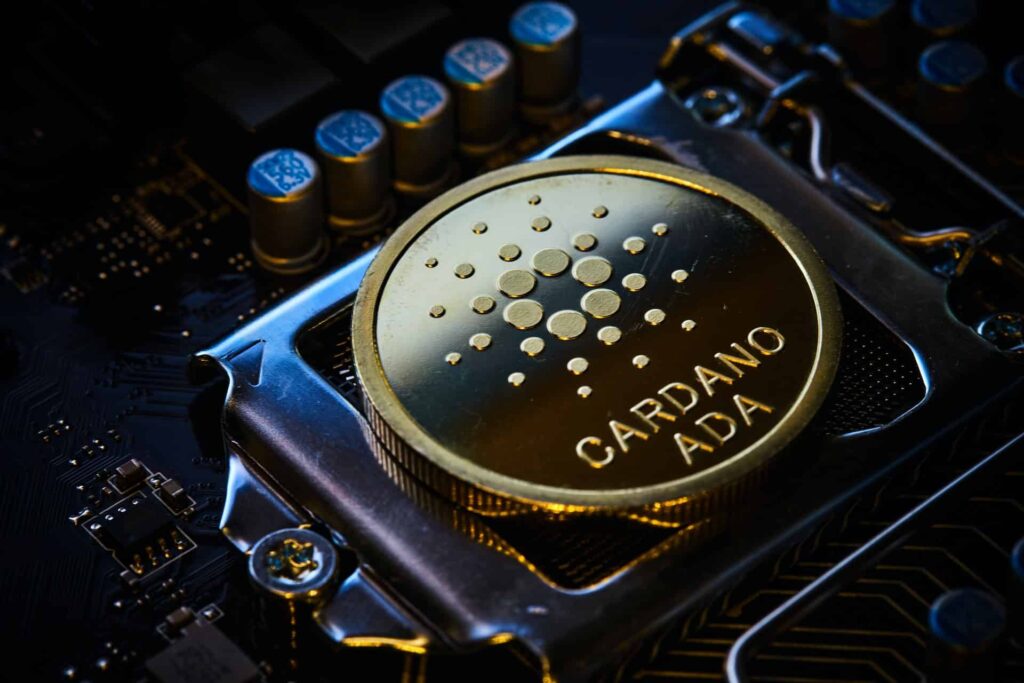
The Cardano blockchain has successfully completed its highly-anticipated hard fork, paving the way for a shift to a decentralized governance model. The upgrade, known as Chang, was completed on September 1st, ushering in what the project has dubbed the “Conway ledger era.”
This development is expected to revolutionize Cardano’s governance by allowing any Cardano (ADA) token holder to engage in voting procedures for governance activities, an aspect incorporated in the project’s “Voltaire” upgrade stage. The Cardano Foundation lauded the completion of the Chang hard fork as a significant achievement that ensures a truly autonomous and decentralized network.
Chang’s implementation introduces a direct voting system or representation delegation through a Cardano improvement proposal. It also includes the creation of a constitutional committee and a new governance role for stake pool operators to be progressively phased in over the next three months.
Part of Chang’s objectives is to maintain security and consistency during the initial governance bootstrapping phase. A second phase, scheduled for 2025, is set to establish and support community-led initiatives by helping facilitate self-governance within the ecosystem.
The upgrade also introduces Plutus scripts for governance that facilitate cutting-edge voting mechanisms like decentralized autonomous organization voting. This move is accompanied by new security enhancements and performance upgrades for smart contracts. Nonetheless, since the completion of the hard fork, ADA prices have slightly decreased without any notable gain from the upgrade.